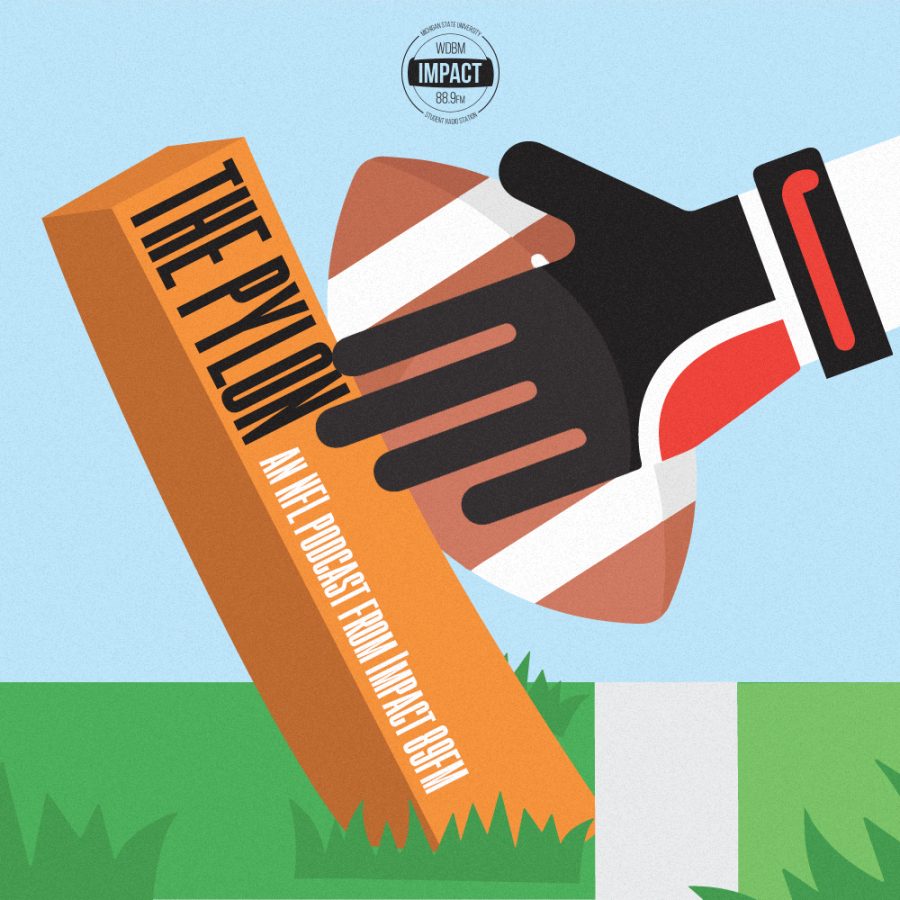We Watch It For The Music | Juno
November 11, 2022
It’s been 15 years since Diablo Cody’s Oscar-winning film Juno was released in 2007. The film follows 16-year-old Juno’s pregnancy, and is filled with witty quips and fantastic writing that earned Cody the Academy Award for Best Original Screenplay. Juno has something even better, though: a soundtrack that compiles the best indie tracks of the 2000s.
The soundtrack reflects Juno’s teenage quirks by using the works of Kimya Dawson and her bands The Moldy Peaches and Antsy Pants in tandem with other indie darlings. Elliot Page, who plays Juno, personally recommended Kimya Dawson’s music when asked “What would Juno listen to?” by the film’s director, Jason Reitman. Dawson’s simple guitar interludes and warm lyrics underscore the film’s heart.
As the film opens, we are introduced to Juno — slinging her gallon of Sunny-D — who is off to take a slew of pregnancy tests. Barry Louis Polisar’s “All I Want is You” plays throughout the introduction. The track only uses guitar, harmonica and vocals, highlighting Juno’s naivety through its simplicity. The bouncing rhythm gives the scene a childlike playfulness; the song represents the calm before the storm.
The storm hits with Dawson’s “Tire Swing,” which plays when Juno comes to terms with the fact that she is pregnant with her close friend Paulie’s child. The upbeat rhythm continues to emphasize Juno’s youth, while the mellow lyrics bring a somber feeling into the movie. The lyrics depict a devastating breakup caused not by a lack of love but by a lack of compatibility, reflecting Juno’s failed relationship with her bandmate and buddy. Dawson beautifully demonstrates Juno’s increasing feelings of isolation and loneliness when Juno can’t even articulate what she’s feeling.
Throughout much of the film, Dawson acts as Juno’s internal monologue. Juno masks her hurt with witty dialogue to the point where the audience almost needs Dawson’s sobering guitar strings after having to dissect some of the quirkiest dialogue known to man. For example, Juno says, “I am for shiz up the spout,” which hones in on the outlandishness of indie films during this time.
Fortunately, the dialogue changes to a more serious tone along with the music. An instrumental version of Dawson’s “Reminders of Then” rings out while Juno calls and asks about a potential abortion. The rhythm is slower than Dawson’s previous songs, and the simple, somber lyrics accentuate Juno’s hopelessness in the scene.
Flashing forward two trimesters, the musical tone continues to evolve. Gone are the clean acoustics of Kimya Dawson. The film welcomes a more complex indie sound with Belle and Sebastian. In a way, it’s a grown-up version of Juno’s favorite music. The band continues to use Juno’s staples, such as fast-paced acoustic strumming, but incorporates far more percussion instruments, complicated orchestrations and layered harmonies.
For example, when Juno becomes frustrated with Paulie, she storms away to Belle and Sebastian’s “Expectations,” which tells the story of an odd girl in school figuring out what to do with her life. The more mature sound of Belle and Sebastian emphasizes the more mature situations Juno has to combat, not just making up late homework or other minor high school problems.
Near the end of the film, Juno and Paulie make up, underscored by The Moldy Peaches’ “So Nice So Smart,” yet another heartbreaking ballad about a breakup. This time, far more intimate. The lyrics paint a picture of a close friend breaking your heart, perhaps foreshadowing what will eventually happen to both Paulie and Juno. Although they are in love with each other, eventually their incompatibility — revealed through the lyrics of “Tire Swing” — will catch up to them. The lyrics also resemble the relationship between Juno and her unborn child. Juno eventually has to give her child up for adoption despite their bond.
“So Nice So Smart” transitions into The Moldy Peaches’ “Anyone Else But You” as Juno goes into labor. The sentimental love song underlines Juno’s love for both Paulie and her newborn child. The elementary lyrics bring back an air of innocence, and the audience is once again reminded that Juno is still a child herself. Furthermore, the back and forth between the two vocalists exhibits the disconnect between Paulie and Juno.
The film closes by bringing back the same Moldy Peaches classic: Paulie and Juno grab their guitars and meet up to sing “Anyone Else But You.” The film ends with them singing the melody not separately, but together. Through music the two are finally connected, sharing a kiss before the credits roll.
Juno’s charm still holds up all these years later, largely thanks to its delightful soundtrack. Once you overcome several odd one-liners, the immersive simplicity of indie acoustics makes both the film and its soundtrack a pleasure to experience.



































